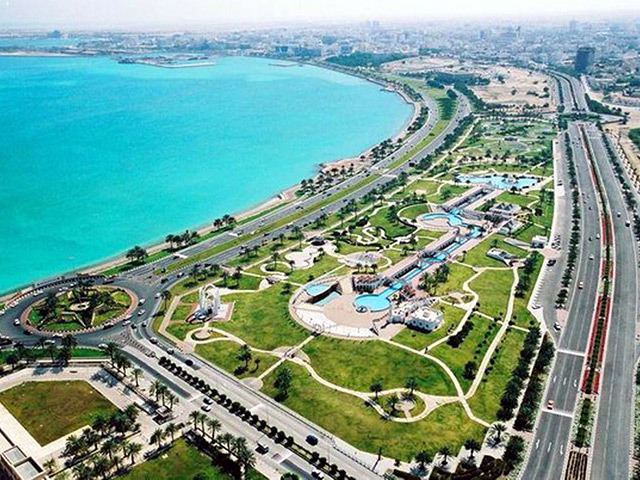
Plans by US oil firm Occidental for an $8billion sell-off of its operations in the Middle East could be derailed by political tensions in the Gulf.
Ongoing tension between Oman, the United Arab Emirates and Qatar over the latter’s support for the Muslim Brotherhood are hampering plans for a single sale of its operations, admitted Occidental chief executive Steve Chazen.
“The notion that they were going to somehow cooperate with each other in an oil investment is difficult at best right now,” Chazen told investors at an energy conference in New Orleans.
“At their suggestions, we’ll probably make separate deals with the three countries with somewhat different assets in each one. In some ways, that’s a lot simpler.”
The failure of the deal as it was originally envisioned is the first major sign of how a political rift between Qatar and other Gulf nations over Qatar’s support for the Muslim Brotherhood is hurting business decisions in the oil-rich region.
Qatar has drawn criticism from its neighbors that have cracked down on the Islamist organization after it gained power in Egypt with the 2012 election of President Mohamed Mursi.
Abu Dhabi’s Mubadala Development Co, Qatar Petroleum and Oman Oil formed the group late last year to buy as much as a 40 percent stake in Occidental’s Middle East operations. The purchase would have marked a rare three-way collaboration between state-owned Gulf energy firms in a region where investment decisions are often based on political aspirations.
“This reflects the reality of the differences between the countries as well as the inherent differences in the assets,” said Pavel Molchanov of analysts Raymond James & Associates.
Chazen referred to the difficulties negotiating the deal as a “diplomatic issue” that’s “related to support of the Muslim Brotherhood and some other ancillary issues.”
Saudi Arabia, the U.A.E. and Bahrain recalled their envoys from Qatar March 5, accusing the state of undermining regional security in a dispute that threatens efforts to integrate Gulf economies, where six countries hold a third of the world’s oil reserves.
Economic integration of the Gulf Cooperation Council, created in 1981, has already been slow as plans for a common currency were delayed and feuding broke out over regional politics.
Qatar backed the Brotherhood with $8billion in aid after the Egypt election.
Saudi Arabia and the U.A.E. welcomed Mursi’s overthrow last year and, along with Kuwait, they have pledged about $15billion to support the military-backed government.
Under pressure from shareholders over lackluster returns, large oil companies like Occidental, Hess Corp and Apache Corp are pursuing breakup plans and asset sales.
Occidental is seeking to sell assets in the Middle East as part of a breakup plan begun last year after shares in the Los Angeles-based company fell for two consecutive years in 2011 and 2012, the worst performance in more than two decades. In the Middle East, the company has assets in the U.A.E, Qatar, Oman, Bahrain, Iraq, Yemen and Libya.
The plan to sell pieces of assets to individual countries should yield about the same proceeds as the stake sale, Chazen said.
A sale of 40 percent of the assets would be valued at about $8billion, based on a total $20billion value Chazen placed on the business late last year, according to two people with knowledge of the matter.